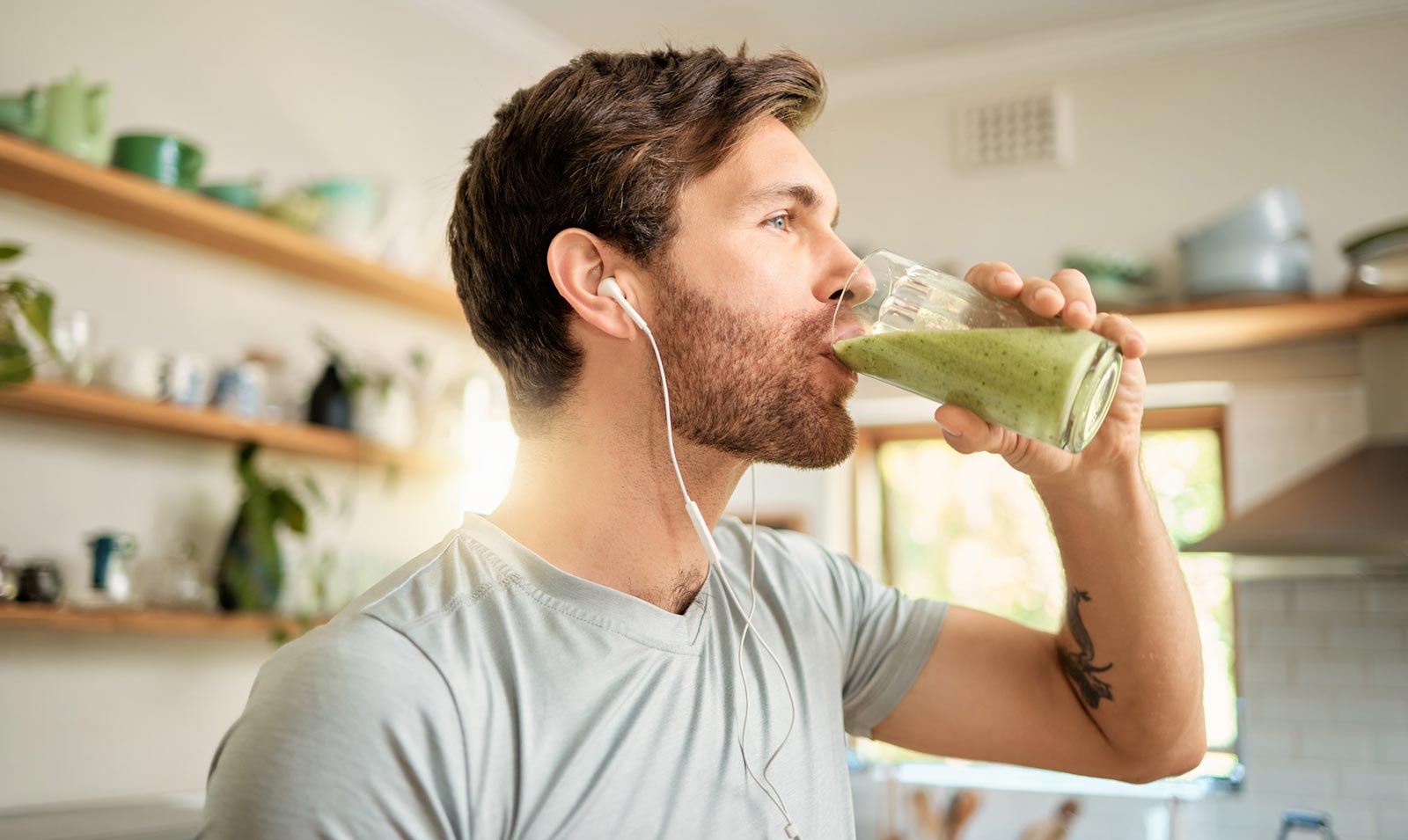Self Care for Caregivers
Ways For Caregivers To Take Time For Themselves
Ways For Caregivers To Take Time For Themselves
Airlines are renowned for walking passengers through the emergency procedures before takeoff. One of the most important? Putting the oxygen mask on yourself before helping the people around you. There’s a good reason for that. If there’s an issue with oxygen levels and you don’t put your own mask on first, you could very well pass out before you ever have a chance to help others.
The same premise applies to caregivers. You’re constantly prioritizing those around you, and it’s easy to get so caught up in everything that needs to be tended to that you neglect yourself. You’re doing something wonderful for your loved ones. But it’s not without its challenges and stress. We rounded up five ideas to help you take more time for yourself. Each can leave you feeling more refreshed and recharged, which will only make you a better caregiver.
Give Yourself a Break
Life is messy. No one knows that better than you. It’s also common for caregivers to feel guilty if they take time for themselves. There's nothing selfish about thinking about your own needs, and there’s nothing wrong with asking for help. For example, you could arrange for someone to relieve you occasionally so you can take a whole day off or even a short vacation. Or, if someone offers to help out by taking over something on your to-do list (like errands or making a meal) – take them up on it. You don’t have to shoulder everything all on your own.
Just Breathe
Breath awareness techniques, which require only about 10 minutes per day, can help you achieve deep relaxation. Find somewhere comfortable to sit down, close your eyes and focus on your breath. Breathing in through your nose, hold your breath for five counts before exhaling for another five to 10 counts.
Get Some Support
Even in the best circumstances, being a caregiver is stressful. Make sure you’re taking time to connect with your family and friends. Even if you have a strong network of people you can lean on, it's not always easy to share what you're feeling or for them to truly understand what you’re going through. That’s why support groups are so beneficial.
Meeting with a group also gives you time to connect with others away from your caregiving tasks, while providing you with a great resource. You'll gain tons of information you can use and extra resources to help you best care for your loved one and a network of people who are going through a similar situation.
Prioritize Physical Activity
Although caregiving can be fulfilling, it’s also emotionally and physically exhausting. Signs of caregiver stress include sleeping problems, feeling overwhelmed, anxiety, sadness, irritability and fluctuations in weight. One of the best ways to help manage your stress while boosting your mental outlook and supporting your own physical health? Exercise.
Carving time out for physical activity is an important way to care for your body and mind. Research from the Anxiety and Depression Association of America shows that just five minutes of aerobic exercise can reduce anxiety. Exercise also gives you an outlet for your frustrations, and it can help improve heart health, manage blood pressure and keep your weight in check.
Treat Yourself
Whether you choose to go solo or include your loved one with you, scheduling time for something a little luxurious can add a little joy to the mix. Go get your hair done or book a massage. Make reservations to go out with friends. Reward yourself regularly and often – you deserve it for all that you're doing to care for your loved one.
If you need to, arrange for someone to step in to cover for you while you take the time you need. Friends, family, professional caregivers and respite care can all help free up a little of your time so that you can better care for yourself, which will only make you stronger, more resilient and a better caregiver.
Kimberly-Clark Canada makes no warranties or representations regarding the completeness or accuracy of the information. This information should be used only as a guide and should not be relied upon as a substitute for professional medical or other health professional advice.

